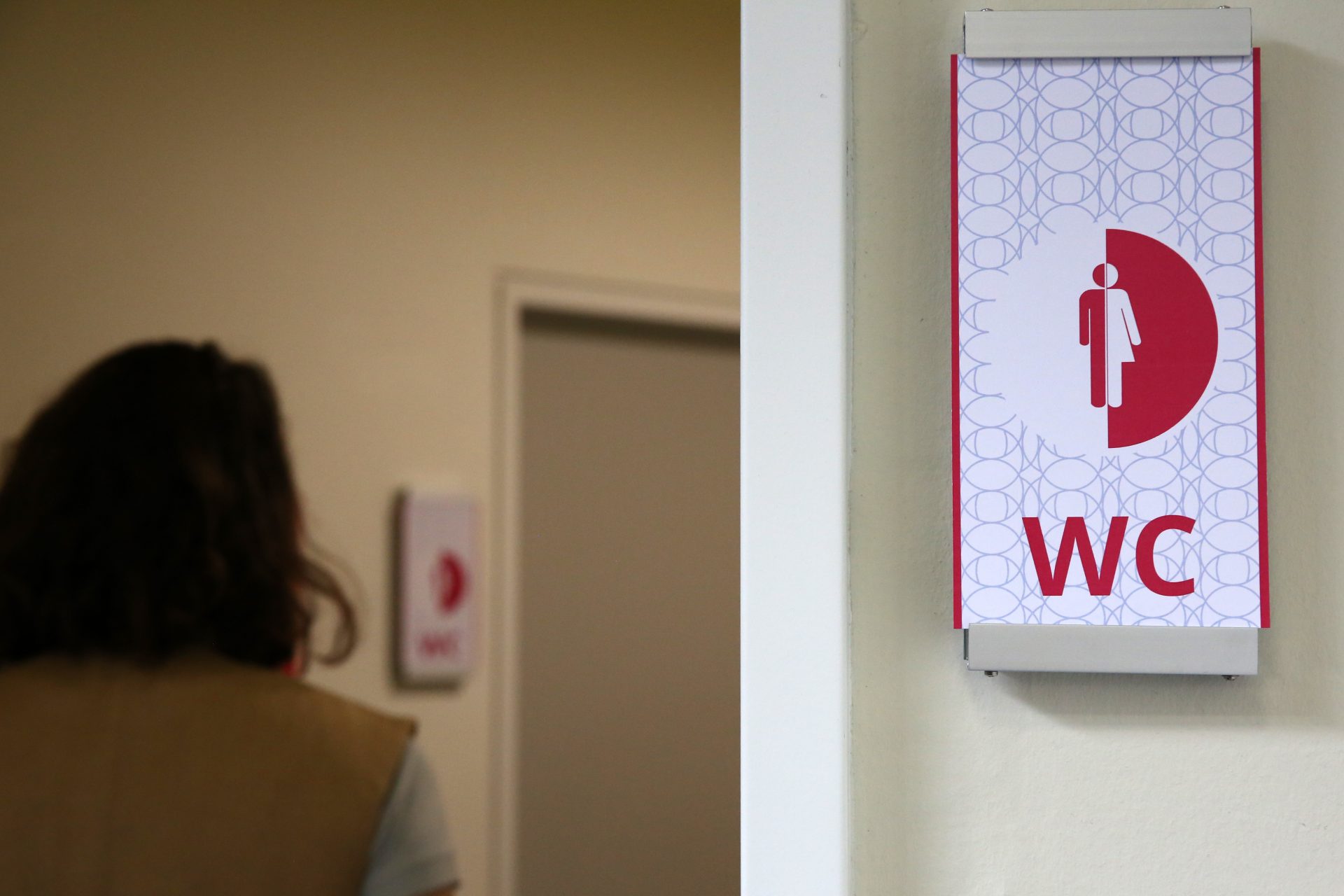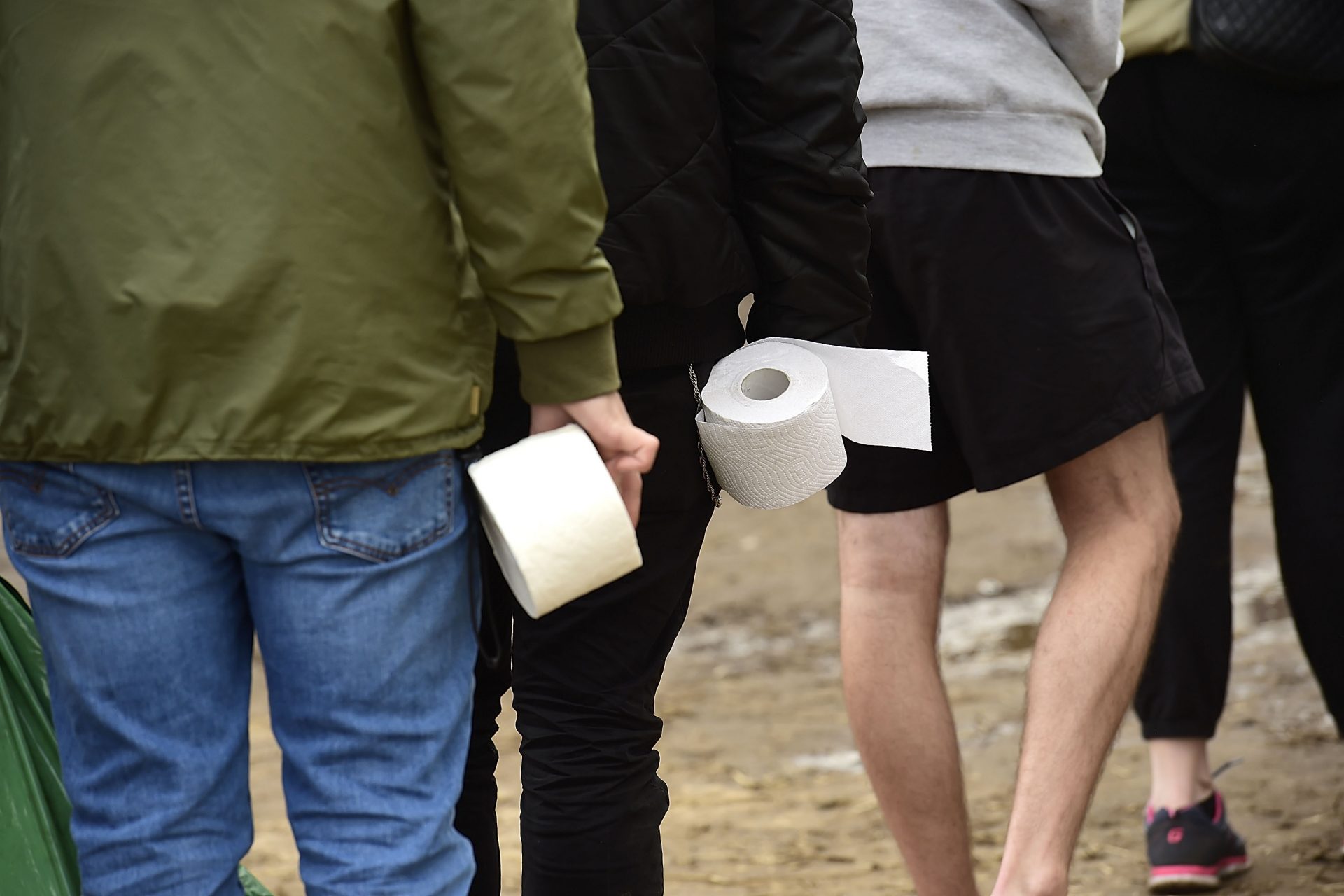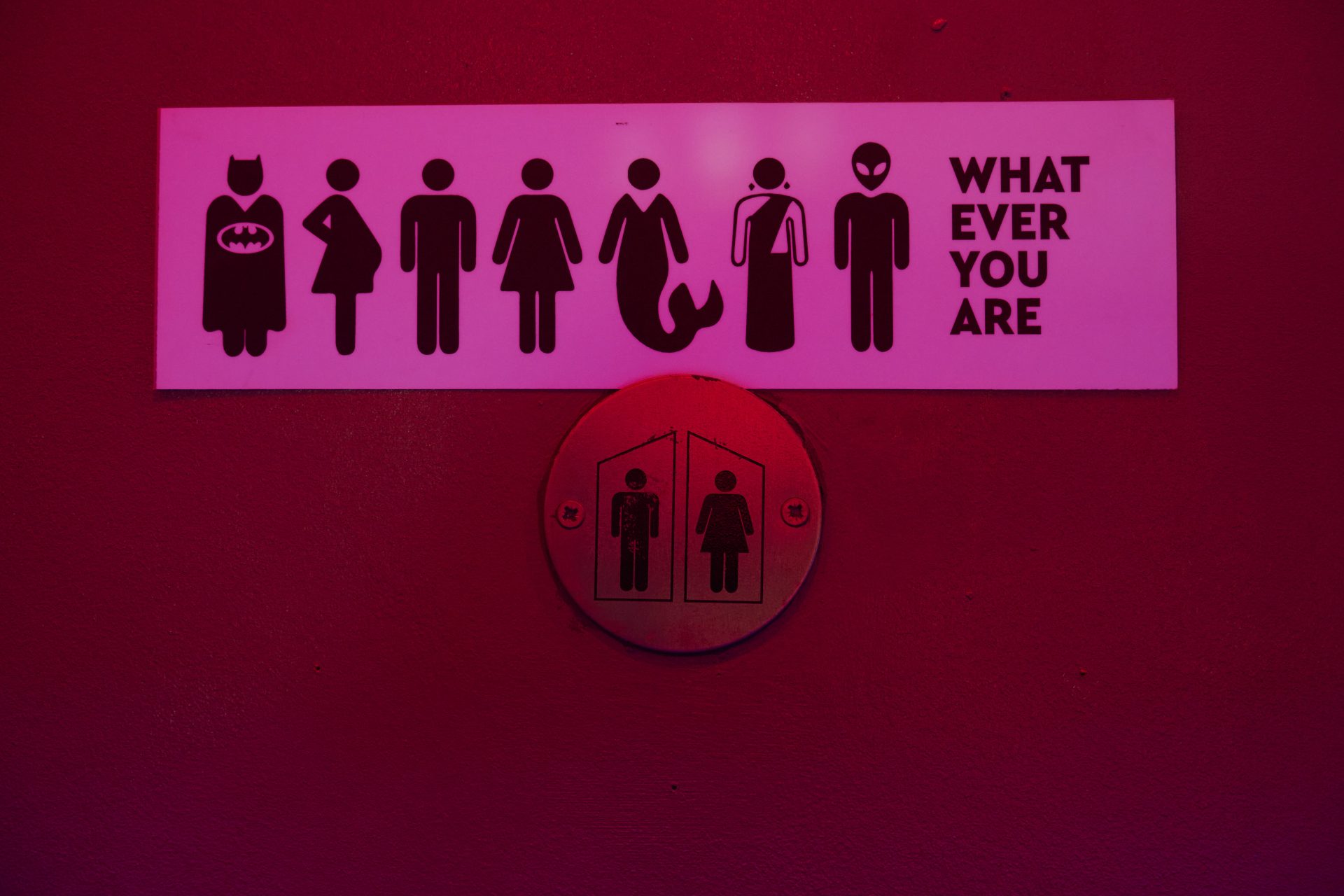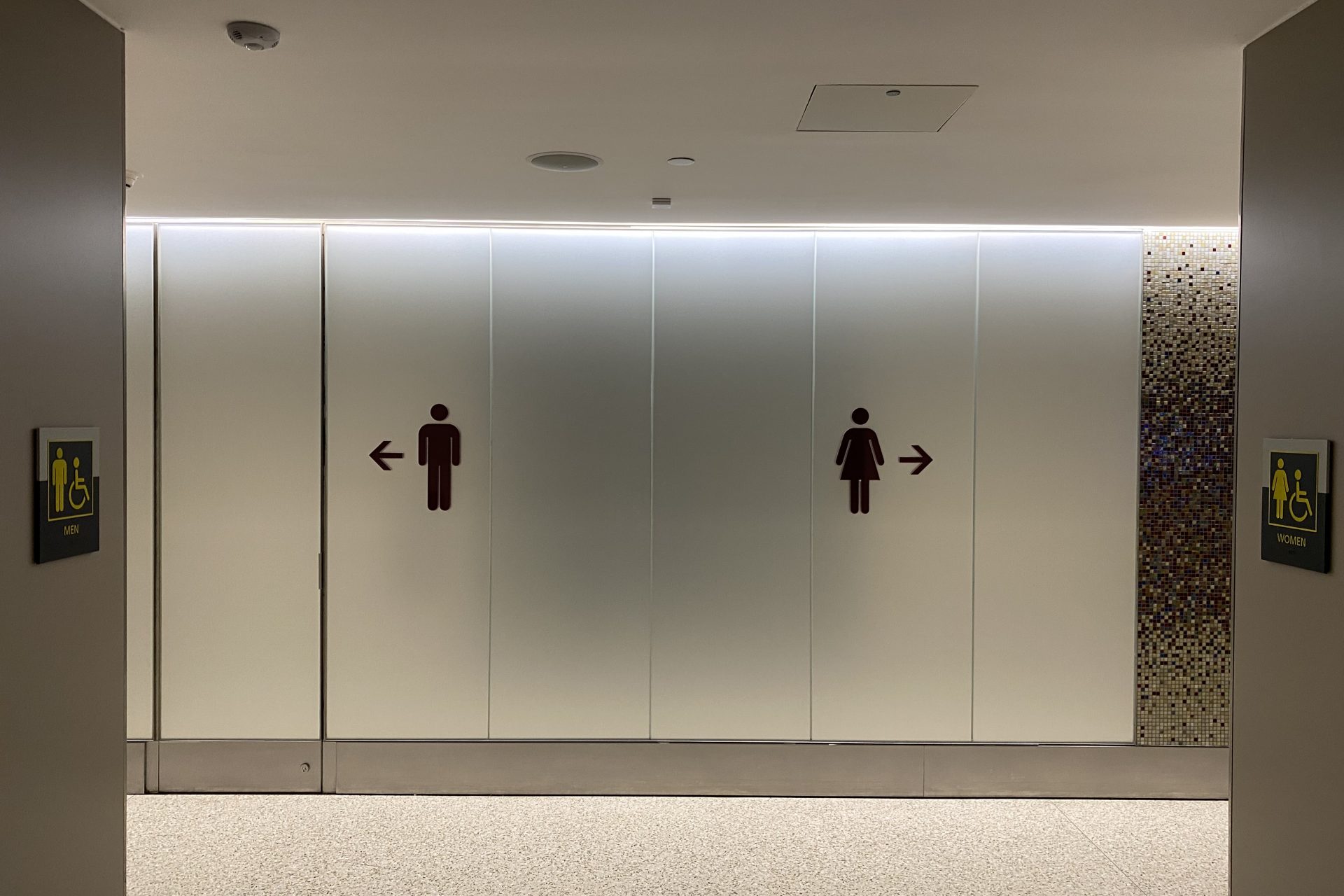There are severe risks to pushing your bladder too far
Have you ever told yourself to hold it in until the meeting ends or for a couple more miles on a road trip? You should watch that habit, it might turn into a problem.
Holding urine in occasionally is not a problem. However, if it becomes a habit or too frequent, it can be a problem, Dr. Jason Kim, clinical associate professor of urology at Stony Brook University, told CNN.
Dr. David Shusterman, a urologist at NY Urology, explained to the broadcaster that humans have a brain mechanism designed to keep our bladders full until discharging them is safe or acceptable.
Dr. Shusterman said there is an evolutionary advantage to this. Urine expels toxins from our bodies, but those toxins have a distinct smell that can attract predators and give away our location.
Now, we use that mechanism to find socially acceptable places or times. However, holding it for too long and too often can lead to an Urinary Tract Infection (UTI).
Holding it in is a UTI risk because a full bladder allows bacteria to grow and reproduce, and discharging urine washes that bacteria away.
Dr. Kim told CNN that ignoring bodily functions can sometimes make the signals too weak or ineffective. Damaged muscles can cause the blatter to retain some of the liquid. In extreme cases, too much buildup can affect the kidneys.
Another consequence is the possible appearance of kidney stones, which result from the accumulation of minerals in the urine. The stones are usually eliminated through the urinary tract but are extremely painful.
How can you avoid urinary retention and improve the health of your urinary system? Mayo Clinic recommends not holding it in and going to the bathroom as often as necessary.
Another tip is to drink enough water to maintain the urinary system's health. That helps dilute urine and makes it come out more quickly and fluidly.
When going to the bathroom, do not rush. Instead, empty your bladder and clean your urinary tract of all bacteria. Wash your hands before and after touching the area.
Setting schedules, listening to your body, and having regular bathroom breaks can help avoid urinary retention.
More for you
Top Stories

























